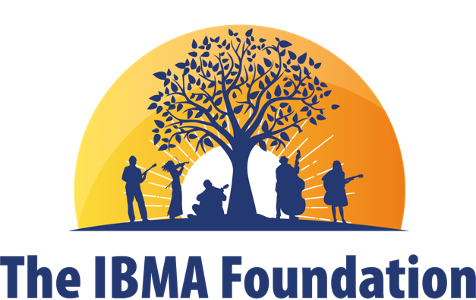The IBMA Foundation has announced that Arnold Shultz Fund applications for grants to qualified activities, scholarships, or programs are due January 31, 2021. The application may be downloaded here.
In June 2020, the IBMA Foundation established the Arnold Shultz Fund using donations contributed specifically to support activities that increase participation in bluegrass music by people of color.
Arnold Shultz (1886 – 1931) was a legendary African American musician from western Kentucky. Shultz, who was best known as an extraordinary guitarist and fiddle player, often played guitar with Bill Monroe’s fiddle-playing uncle, Pendleton (“Pen”) Vandiver. It was at these gigs that Bill Monroe met Arnold Shultz and began to emulate Shultz’s backup guitar style. Shultz was impressed enough with Monroe’s progress that he hired Monroe to play guitar with him at dances, thereby giving Monroe his first professional music jobs.
Bluegrass and old-time traditional music have a rich heritage that reflects America’s diverse cultural roots. These genres continue to be influenced by trends which reflect their growing worldwide acceptance.
For fiscal year 2021 (July 1, 2020 to June 30, 2021), the Arnold Shultz Fund will be awarding up to $5,000 in total for one or more qualified activities that increase participation in bluegrass music by people of color.
Such activities may include but are not limited to:
- Programs designed to encourage participation in bluegrass music by people of color of any age (e.g. producing or distributing an educational bluegrass video, creating an online bluegrass workshop designed for people of color, bluegrass mentor program, etc.).
- Bluegrass performance outreach programs to populations that are underrepresented in bluegrass.
- Scholarship or expense reimbursement for people of color to attend a bluegrass music camp, take bluegrass music lessons, attend a school or program focused on bluegrass music or the bluegrass industry (e.g., music business), etc.
- Funding for an instrument or instrument lending program, particularly if it benefits people of color with economic challenges that keep them from being able to own an instrument and play bluegrass music.
Priority will be given to programs or activities that demonstrate a commitment to inclusivity and serving diverse, underrepresented populations in bluegrass music.
Applicants may be an individual, school, group, organization, or government entity. People of color are people who are of racial/ethnic backgrounds that are underrepresented in bluegrass (Black, Asian, Hispanic/Latino, Indigenous Pacific Islander, Indigenous First Peoples, etc.).


Recent Comments